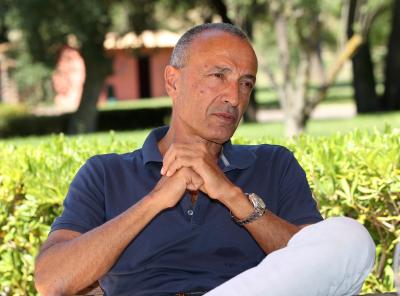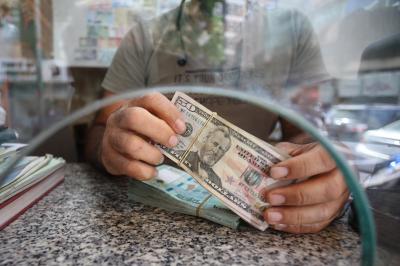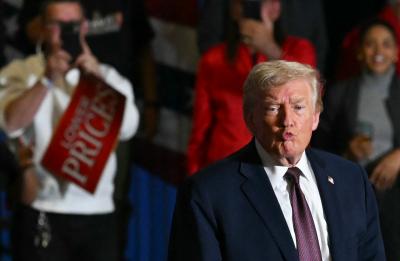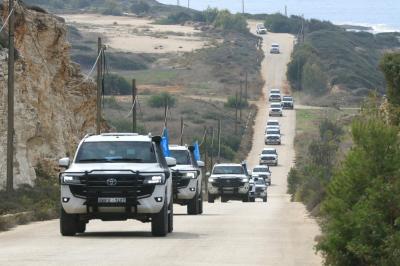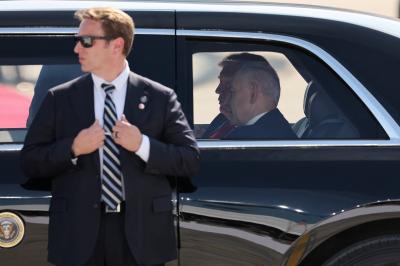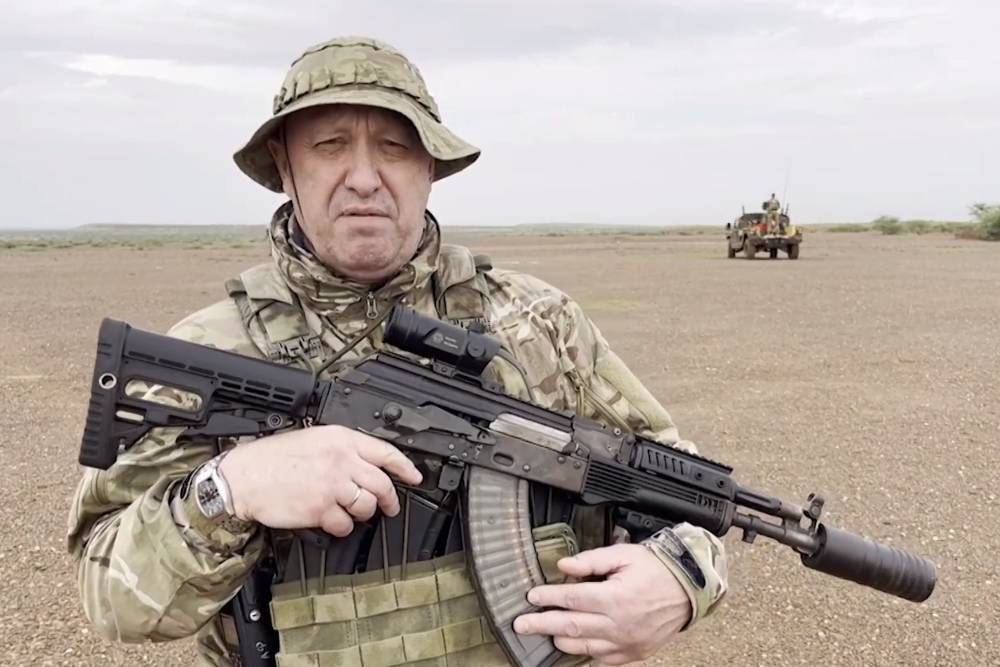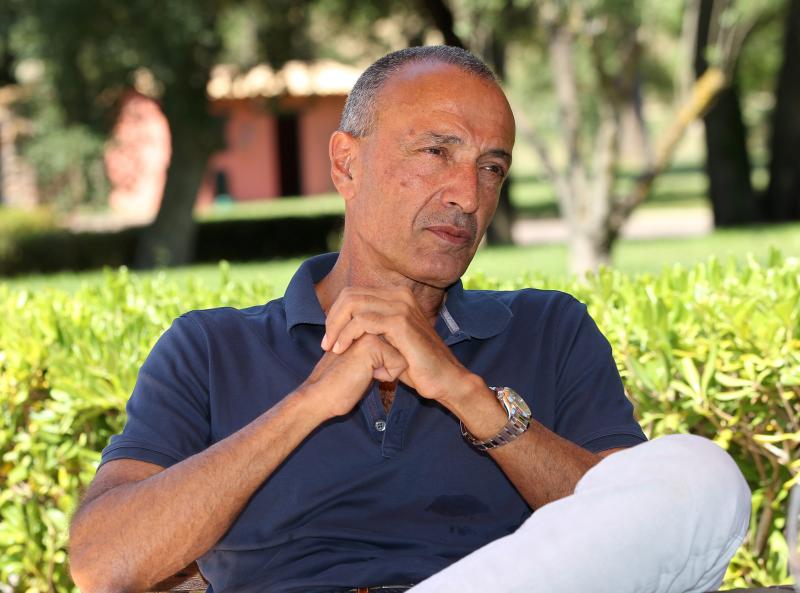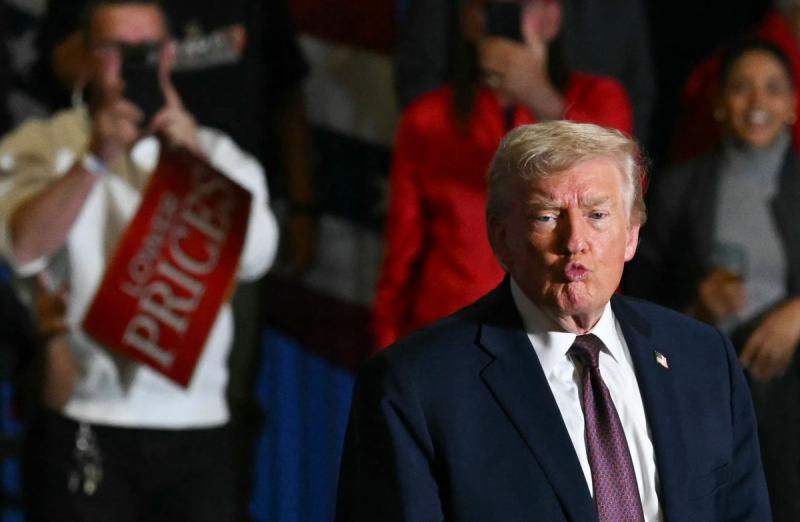The plane crashed north of Moscow on a flight connecting the Russian capital to Saint Petersburg. On board were ten individuals, including three crew members, according to the Russian Aviation Agency's list. The Russian Ministry of Emergency Situations confirmed that there were no survivors.
The precise circumstances surrounding the death of Evgueni Bregojin, leader of the Wagner Group, remain shrouded in mystery. Nevertheless, meticulous analyses carried out by numerous international intelligence agencies, as well as observations from influential political figures worldwide, hint at a theory: the possible involvement of Russian President, Vladimir Putin, presumed head of Soviet intelligence services.
The announcement of his death sent shockwaves, especially on social media where the Russian opposition has been vocal. Meanwhile, assessments from many Western countries and their intelligence apparatus hint at a crucial decision: to eliminate the so-called "Putin's chef." This decision seems to have been made as early as June 24th, right at the start of his armed uprising in Moscow, closely followed by the capture of the military headquarters in Rostov, a city bordering Ukraine. From this location, the Russian military has been directing its operations on Ukrainian soil.
Death is Inevitable Regardless of the Circumstances
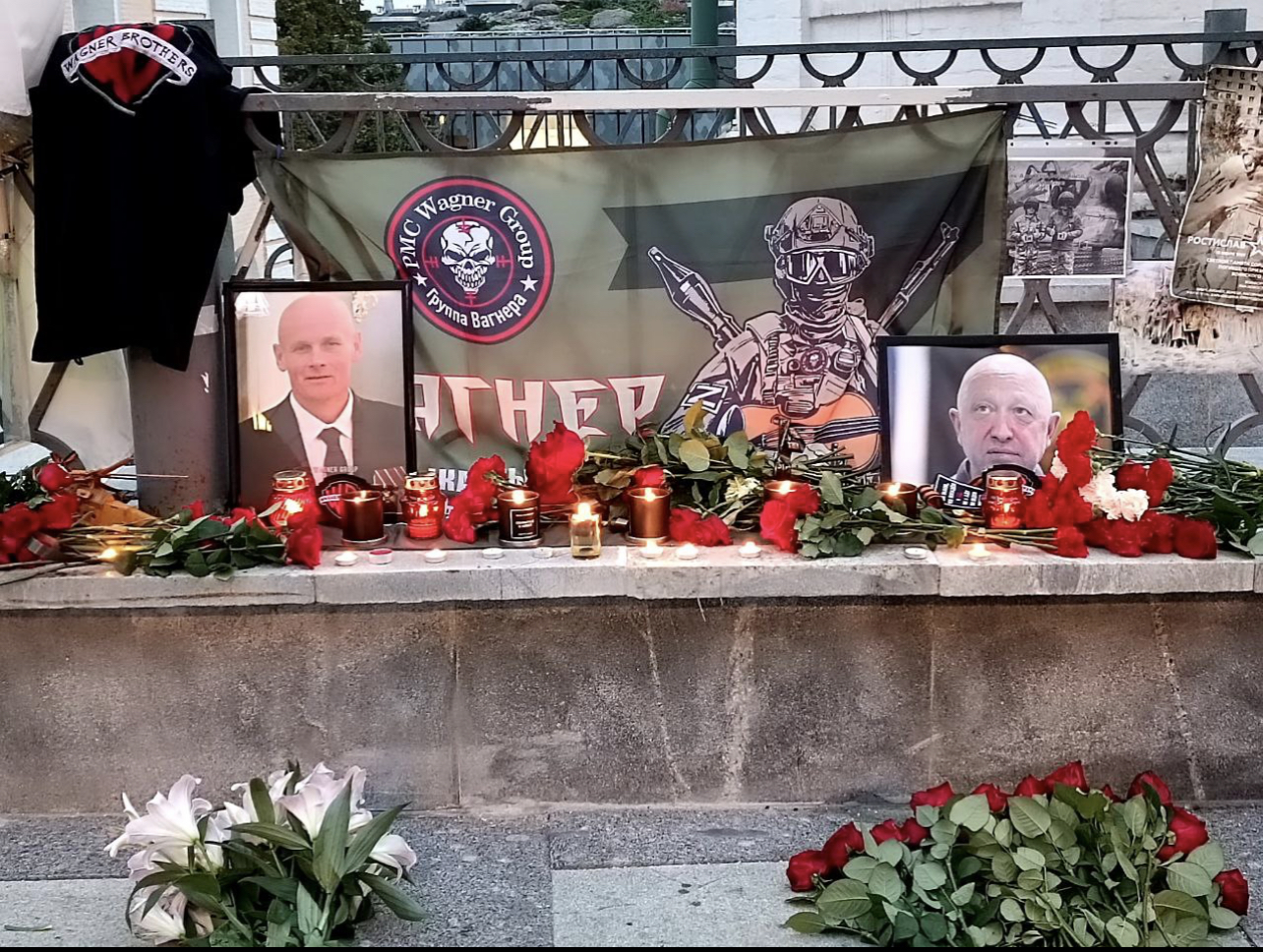
The exact details of the plane crash remain cloaked in mystery, leaving both Russian political and military circles without tangible explanations. Rather than providing immediate answers, authorities have initiated an investigation to unravel the truth. This has led to a myriad of speculations, accusations, and questions: was the plane explosion caused by a type "S" missile? Or a device hidden inside the aircraft? Perhaps concealed within a luxury wine case? Or another hidden cause?
Shortly after the explosion, with the confirmed death of Evgueni Bregojin, Wagner's leader, Dmitri Outkin, the group's second-in-command in charge of military operations, and Vitali Tchikalov, responsible for Bregojin's movements, the pro-Wagner channel "Gray Zone" reported: "Hero of Russia, Evgueni Viktorovitch Bregojin, taken down due to Russian betrayal." This was based on witnesses who saw "white trails" of a ground-to-air missile and a video showing the free-falling plane. Photos and videos of the plane, bearing the names of Bregojin and his aide on the passenger list, also emerged, showing its dizzying descent.
Clearer footage of Prigozhin’s Legacy 600 that went down in Tver Oblast pic.twitter.com/I98B3G4qBo
— OSINTtechnical (@Osinttechnical) August 23, 2023
The plane crashed north of Moscow on a flight connecting the Russian capital to Saint Petersburg. On board were ten individuals, including three crew members, according to the Russian Aviation Agency's list. The Russian Ministry of Emergency Situations confirmed that there were no survivors.
On the other hand, British geopolitical commentator and Washington Post writer, Samuel Ramani, points to Putin's tendency to retaliate long after an incident has echoed in the media. What then prompted Putin to act so swiftly this time? Fear of a coup? The desire to maintain his authoritarian rule? Bregojin's untimely death raises questions.
Michael McFaul, former U.S. Ambassador to Moscow (2012-2014) and Director of the Freeman Spogli Institute for International Studies at Stanford University, posed questions on the "X" platform, such as:
Why did Putin choose to kill Bregojin in such a spectacular manner?
Why did he allow him to meet African leaders at the Russia-Africa summit in Saint Petersburg last July?
Due to his role in the Ukrainian war, some news sites linked the incident to August 24th, Ukraine's Independence Day. They speculated the potential involvement of Ukrainian special forces, especially following rumors of Moscow's protection by Bregojin.
Conspiracy theories abound too. Social media is rife with tales claiming that Bregojin did not perish in the crash but is instead on the run, targeted by various interests and nations. Proponents of this theory assert that everything since Wagner's entry into Rostov and beyond has been orchestrated in coordination with Putin to monitor and eliminate conspirators before they act.
Whatever the truth, one thing is clear: Bregojin's fate is sealed, and all eyes are now on Wagner and its future. Based on available information, former Russian army colonel and one of Wagner's founders, Andreï Troshev, appears to be among the most likely candidates to lead the group. If this turns out to be accurate, Wagner will carry on its overseas activities, without major shifts from its past directions and roles. The king is dead, long live the king.
Please post your comments on:
[email protected]
 Politics
Politics
